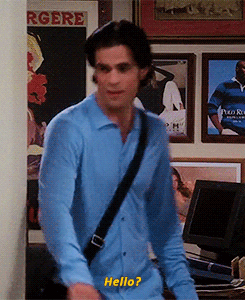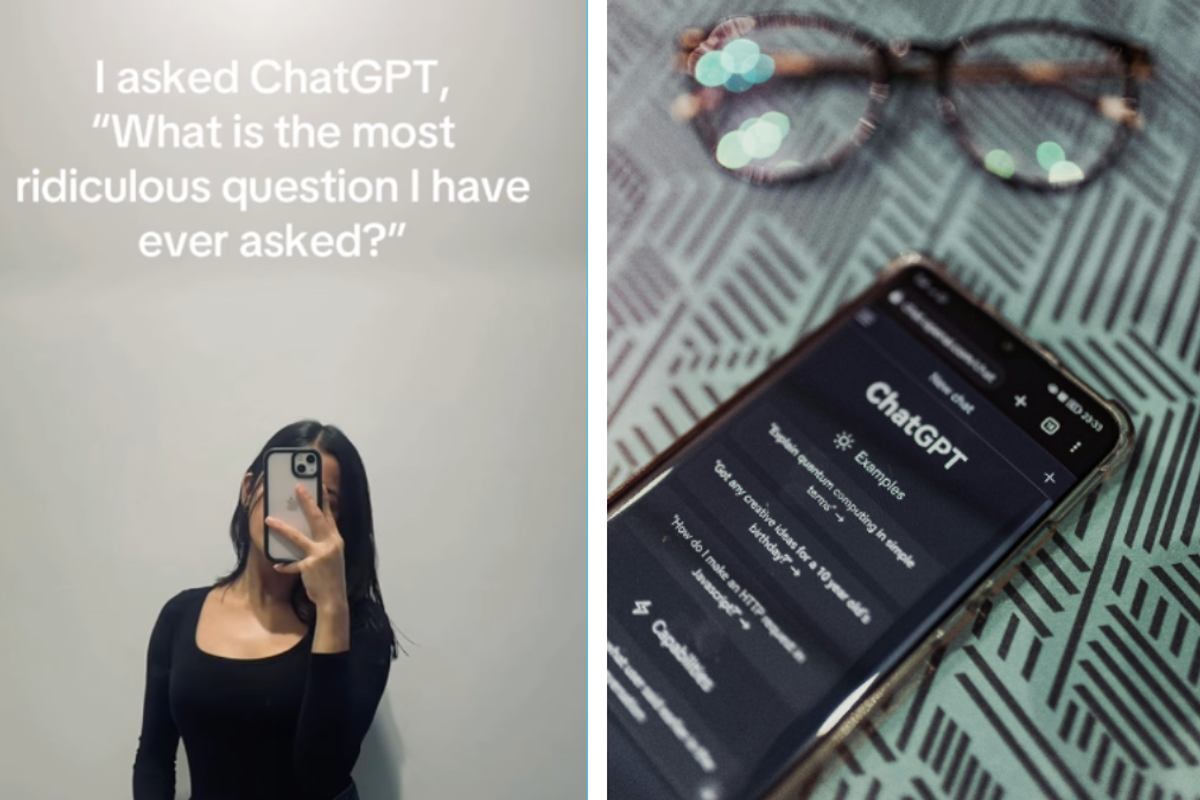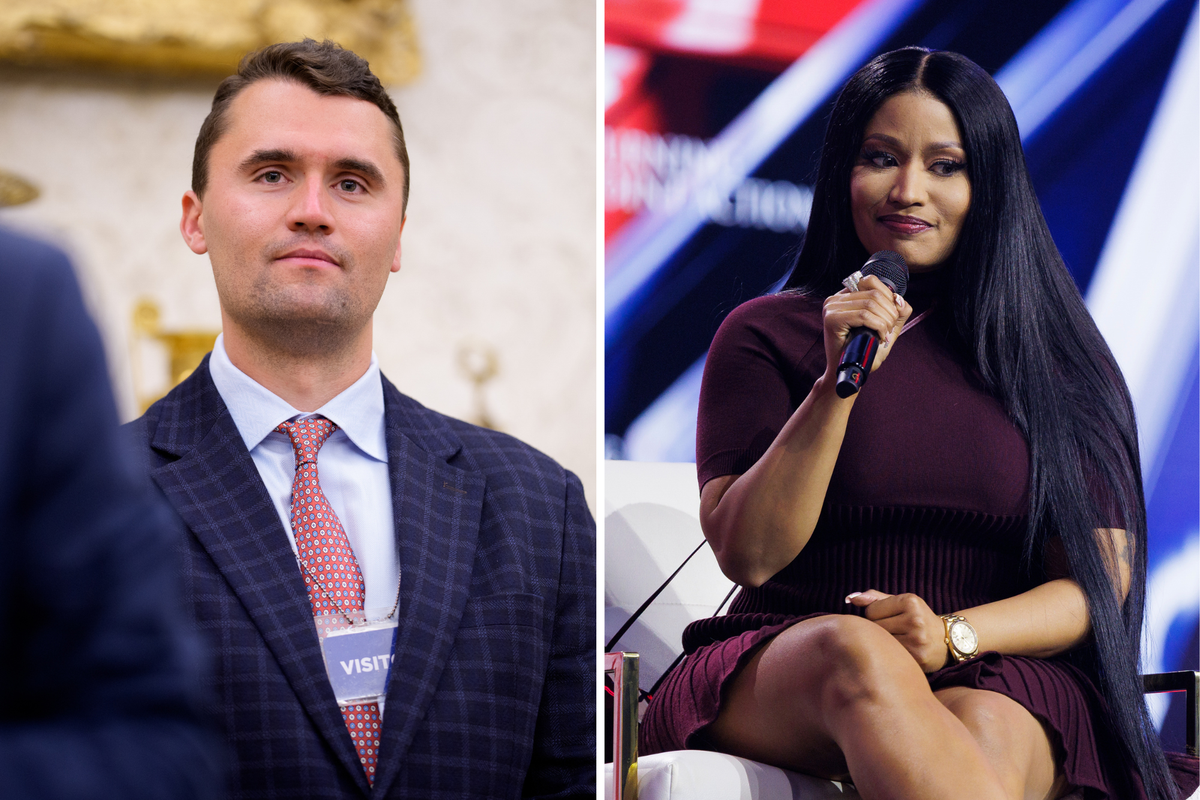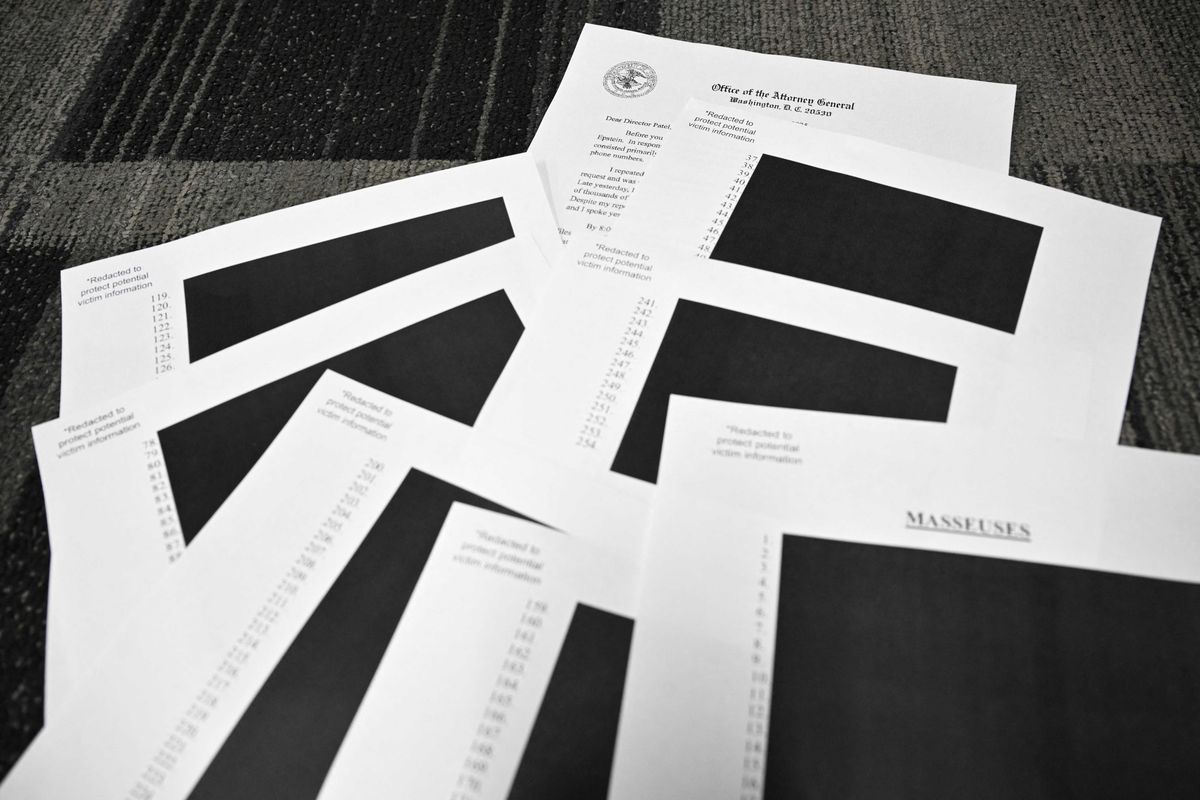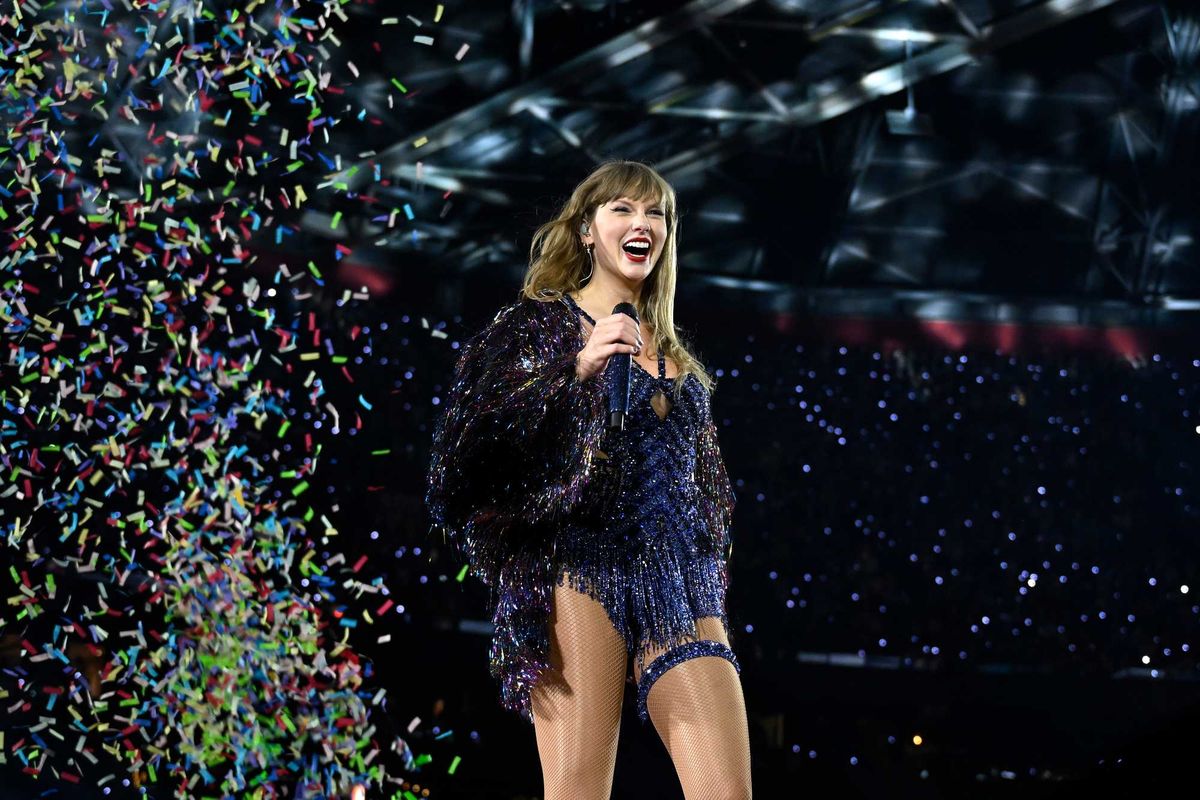News
Joe Vesey-Byrne
Nov 02, 2017
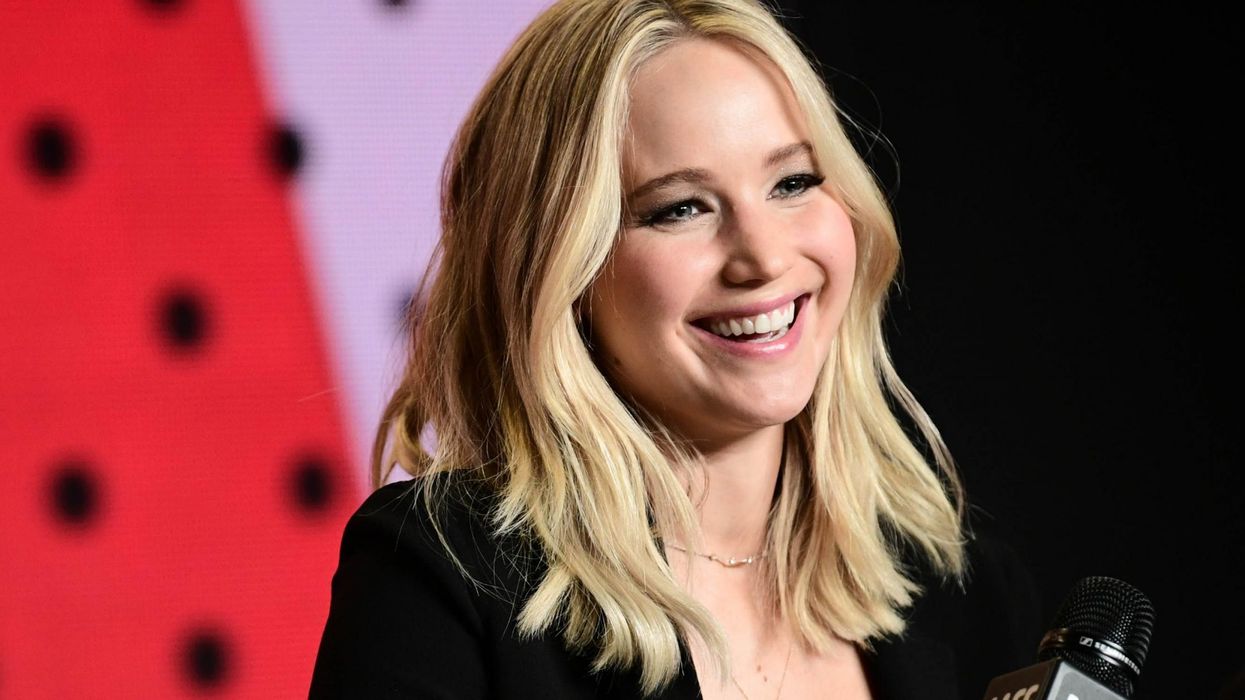
Picture:
Getty Images
'Is there more to life than being really, really, ridiculously good looking?'
According to new research, the bias towards hiring attractive people is more complicated than you might expect.
Previously it has been reported that applicants who are better looking, are more likely to be hired than their less aesthetically pleasing counterparts.
A new study published in the Journal of Personality and Social Psychology suggests however, that they may be at a disadvantage when the job is perceived to be less desirable.
Interviewers will judge how much they think a person wants to a do job, and the study found that they often assume an attractive person would prefer to have a more glamorous role than uglier applicants.
This assumption makes the interviewer less likely to offer the regulation hottie a job.
The study was conducted by the London Business School (LBS), who evaluated the influence good looks played in the hiring process of 750 participants.
For the experience, the 750 participants were shown two photos of potential job candidates, and asked if they would them for jobs which varied in their level of desirability.
They were found to be more likely to hire the attractive person for the more attractive job - possibly because people believe that good looking people deserve better work.
A job such as housekeeper was assumed to be unsatisfactory to an attractive person, but all candidates were assumed to be satisfied with a manager's role.
(And us trolls can stay in the engine room, suitably out of sight!)
Doctoral candidate at the LBS Margaret Lee, who co-authored the study, told Quartz
We found that people perceive attractive individuals to feel more entitled to good outcomes than unattractive individuals.
Our work suggests that we may need to think differently about low level jobs.
Jobs that are considered to be less desirable are typically those at the lower end of the socioeconomic spectrum, including a disproportionate number of people who might be particularly vulnerable if they become victims of discrimination.
HT Quartz
More: The big difference between the two kinds of popularity
Top 100
The Conversation (0)
